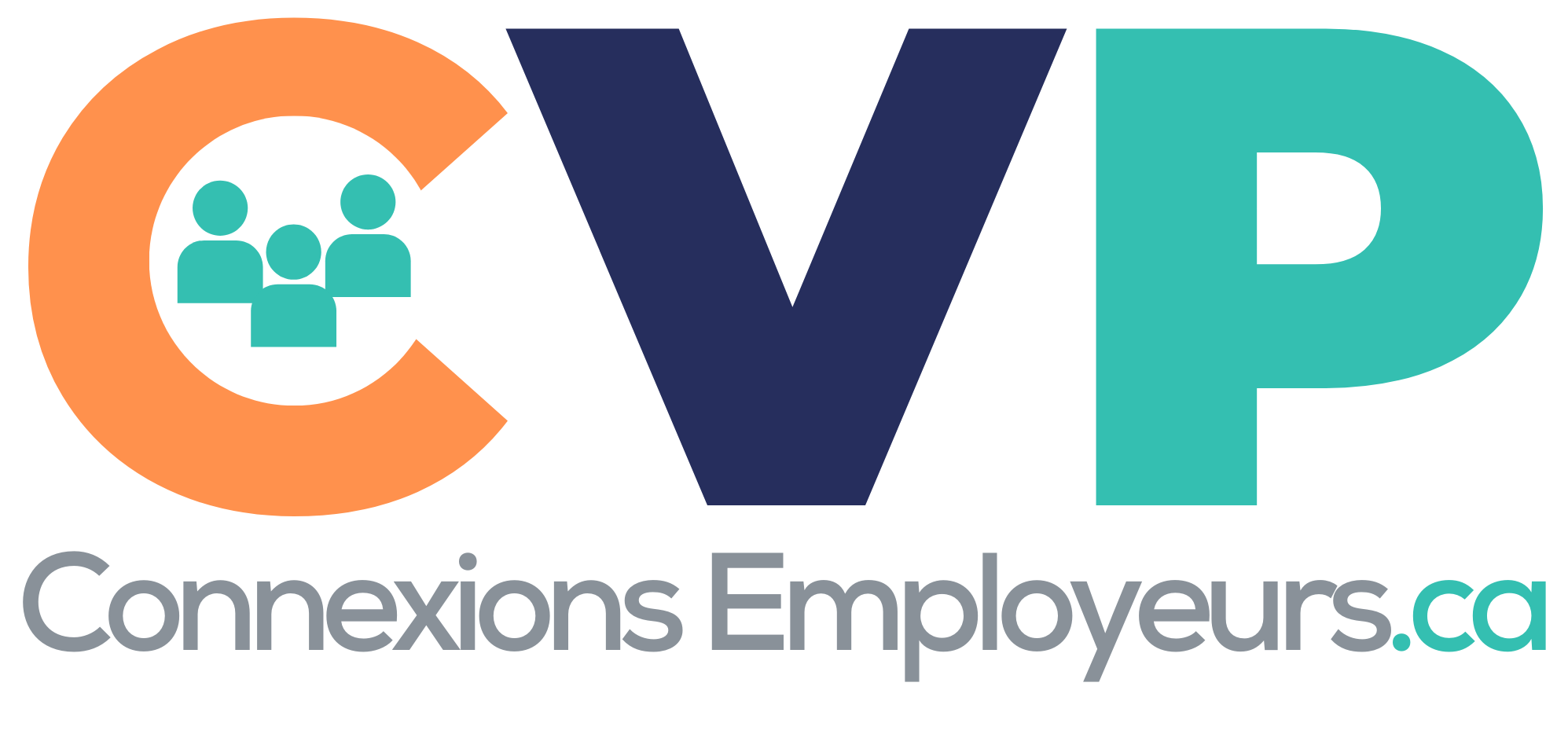ChatGPT: Tips for Career Searching

What Is ChatGPT?
ChatGPT, an artificially intelligent chatbot, was created by a research company, Open AI and launched in November 2022. It uses natural language processing to create human-like, conversational dialogue with its users. ChatGPT reacts to text prompts by emulating a real human being to respond to questions and compose various written content.
ChatGPT acquires its data via a process called “web scraping,” in which automated tools are used to scan the internet for relevant information, extract data from various websites, and store it in its database (June, 2023). ChatGPT additionally acquires information from user feedback, knowledge databases created by experts in various fields, social media, and open data sources (Mercier, 2023).
Since its launch, over 100 million users have entered prompts into the textbox on the ChatGPT home page (Marr, 2023). Once ChatGPT provides a response, there are a few options for the user to consider. The user can enter a new prompt, regenerate additional responses for the same prompt, copy the text from ChatGPT to put to personal use, or like or dislike the answer.
How Can ChatGPT Be Used?
Users can leverage ChatGPT to generate ideas, explain complicated topics, and even create songs or poems. And, it can be a useful resource for optimizing the job search process, including editing a cover letter, searching for alternate job titles, or summarizing a job description (Kelly, 2023). According to ChatGPT itself, here are some dos and don’ts to think about.
It’s important to remember that ChatGPT best functions as an idea generator, a tool to provide information and insights, and not as a replacement for human expertise and critical thought. Career services providers may supplement career search efforts, but ultimately, conclusions should be drawn based on a deeper understanding of the client’s individual needs and context.
Do
- Research and Exploration: ChatGPT can provide information on different career paths, industries, and job roles. Try prompting ChatGPT to share required qualifications, job market trends, or salary ranges.
- Resume and Cover Letter Support: Show your client how to seek guidance from ChatGPT on improving their first draft of a resume and cover letter. Note which areas the client needs assistance the most, such as formatting, then direct the client to ask ChatGPT for formatting help.
- Preparing for an Interview: Direct your client to prompt ChatGPT to provide interview practice scenarios. The client may ask for common interview questions, receive feedback on responses, and get advice on interview strategies and techniques.
- Market Information: Encourage the client to seek insights from ChatGPT about various industries, such as growth prospects, emerging trends, or skill requirements.
- Upskilling: Prompt your client to consult ChatGPT about resources, online courses, or certifications that may allow the client to upskill specific areas relevant to career interests.
Don’t
- Blind Trust: Discourage the client from relying entirely on ChatGPT for career search insights. Although it is a helpful resource, it is essential to engage with career services providers, trusted mentors, or expert professionals for personal guidance.
- Biased Information: Encourage caution of potential biases in ChatGPT’s responses, as it scrapes information from the internet, which may contain biased or inaccurate content.
- Guaranteed Forecasts: Direct the client to refrain from relying entirely on ChatGPT’s predictions regarding job prospects or future career trends. Market trends can change quickly, and individual circumstances may vary.
- Individualization: Note that ChatGPT does not have the ability to acknowledge individual circumstances, skills, and goals. Understand that the information may not consider the individual client’s backgrounds and preferences.
- Empathy and Emotions: ChatGPT does not have the ability to recognize emotions or empathize with the client. While it can be prompted to share insights and information, it cannot replicate the emotional support and empathy of a human career services provider, trusted mentor, or expert professional.
Pour lire la suite de l’article, cliquez ici.
Source : National Career Development Association (NCDA), By Maggie Kuhn, 1er février 2024

Réponses